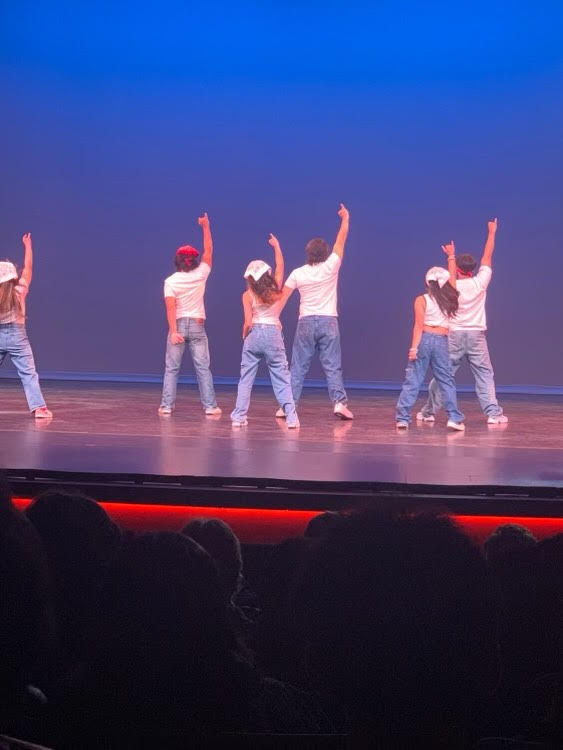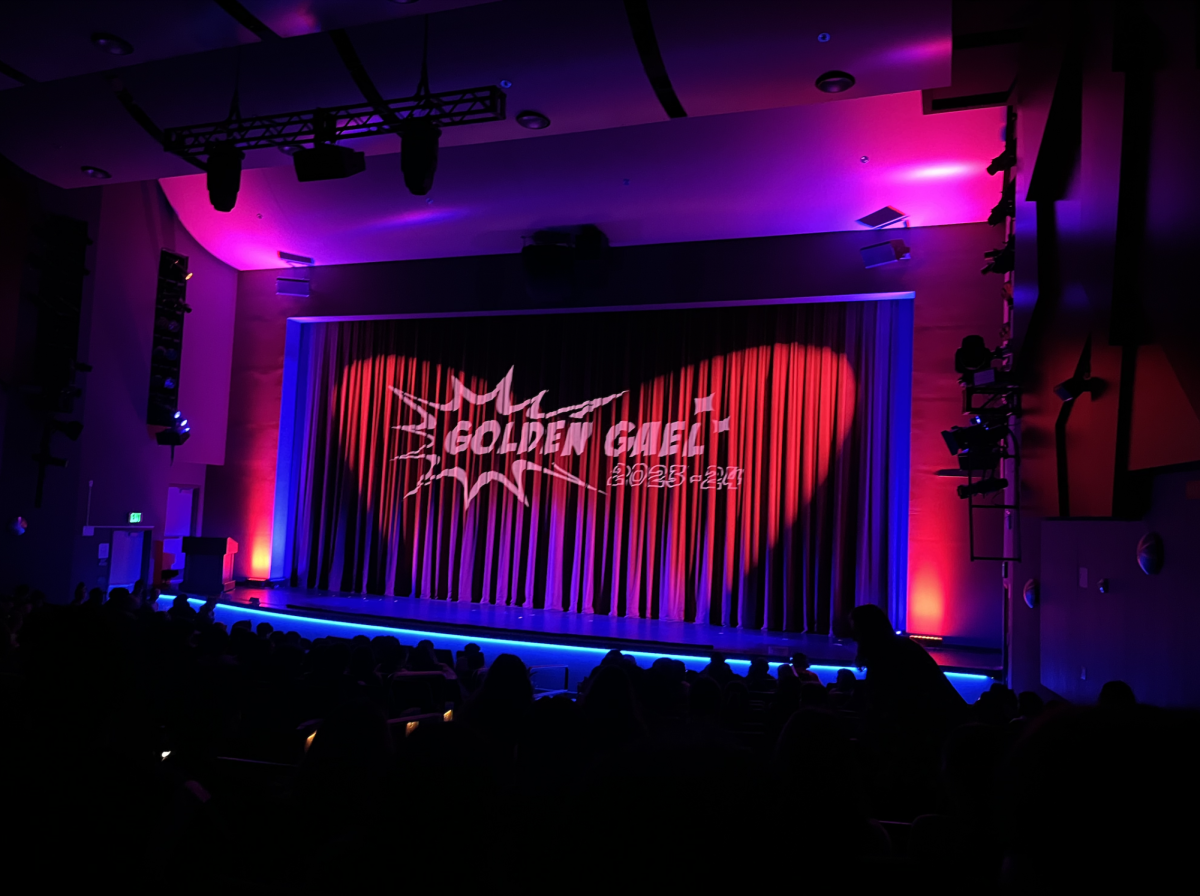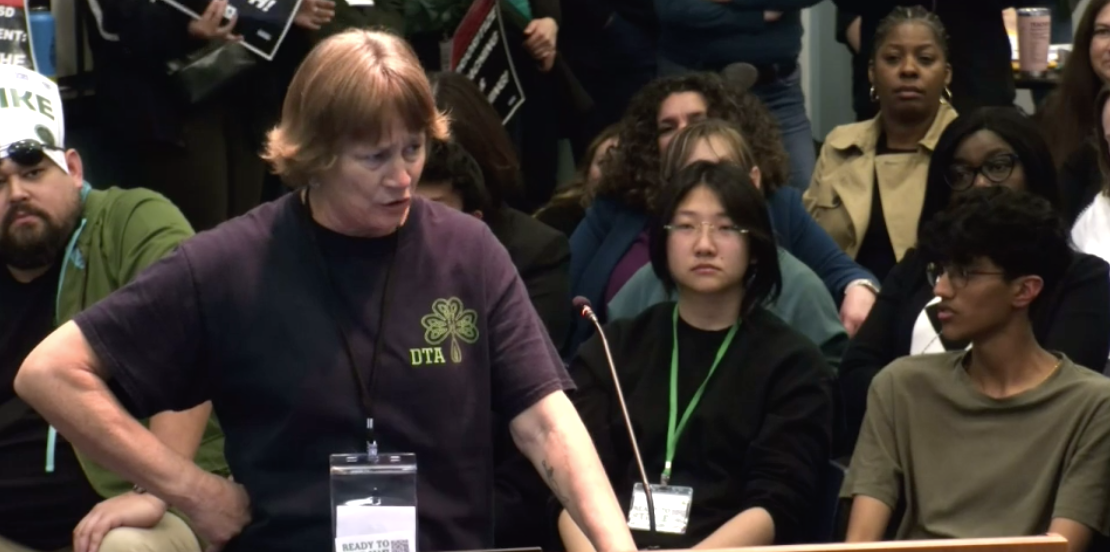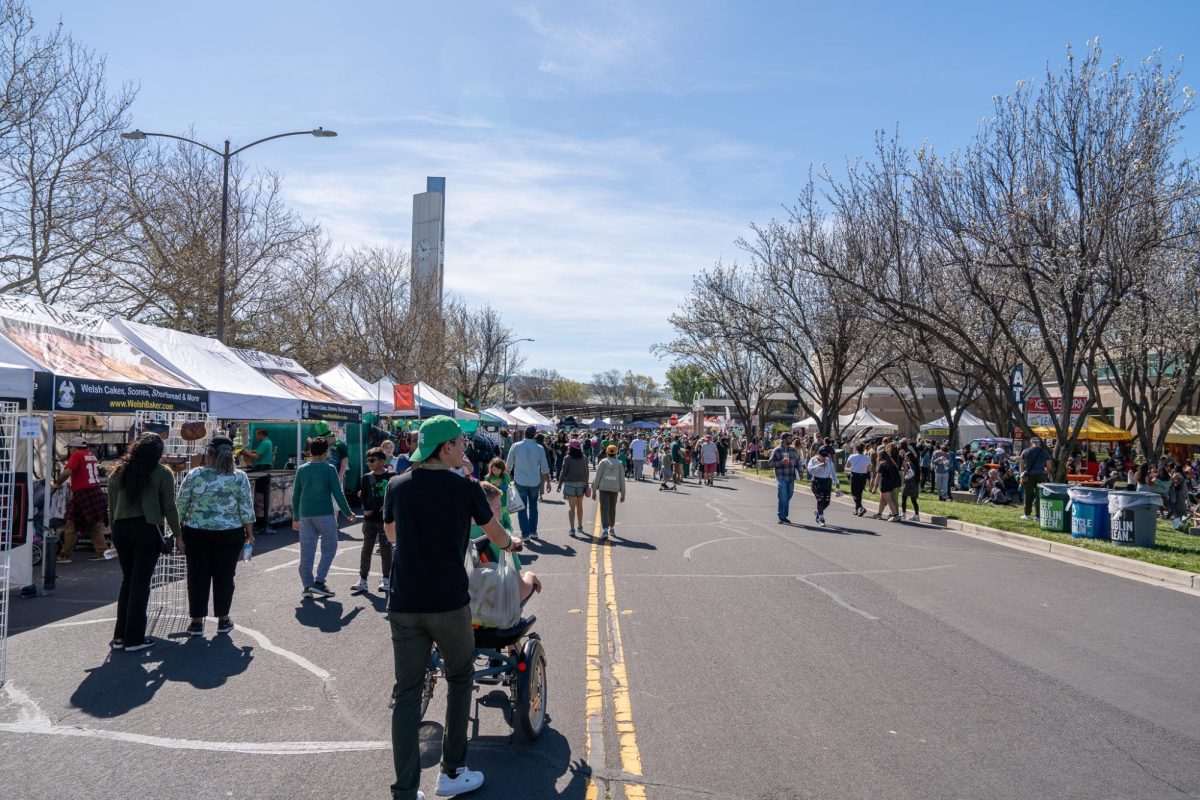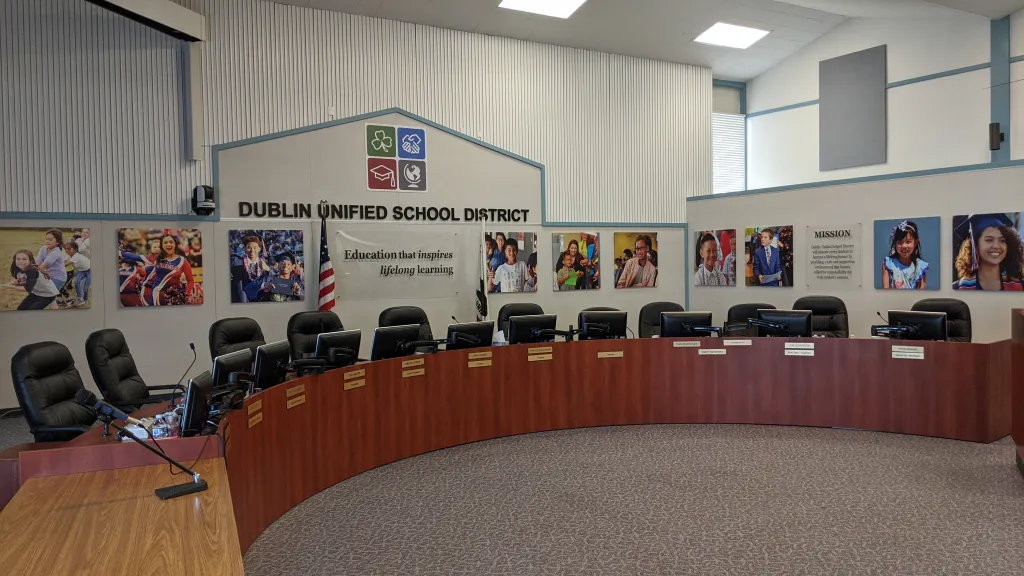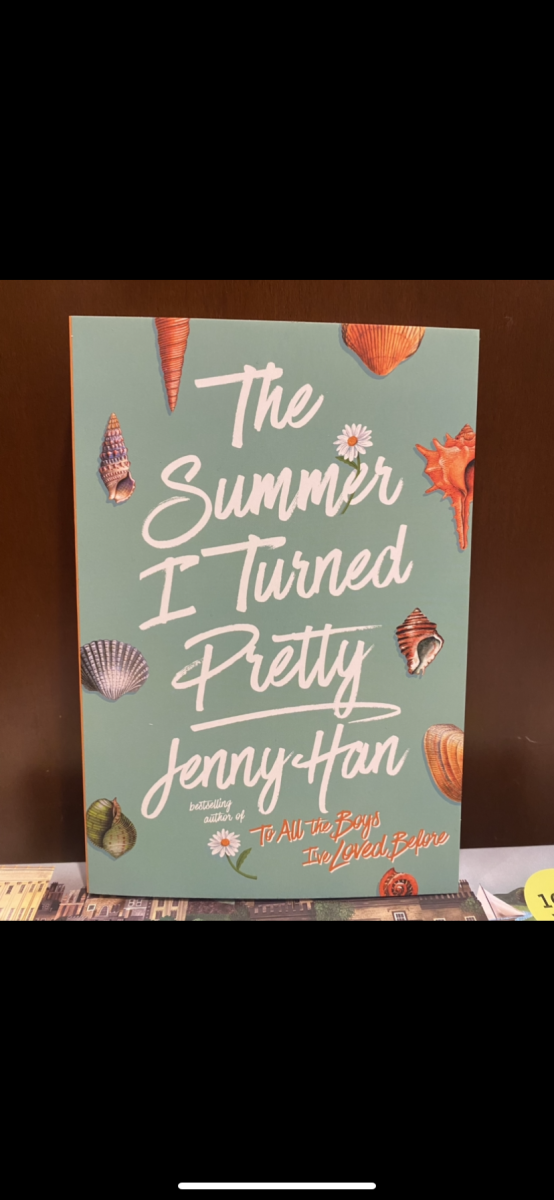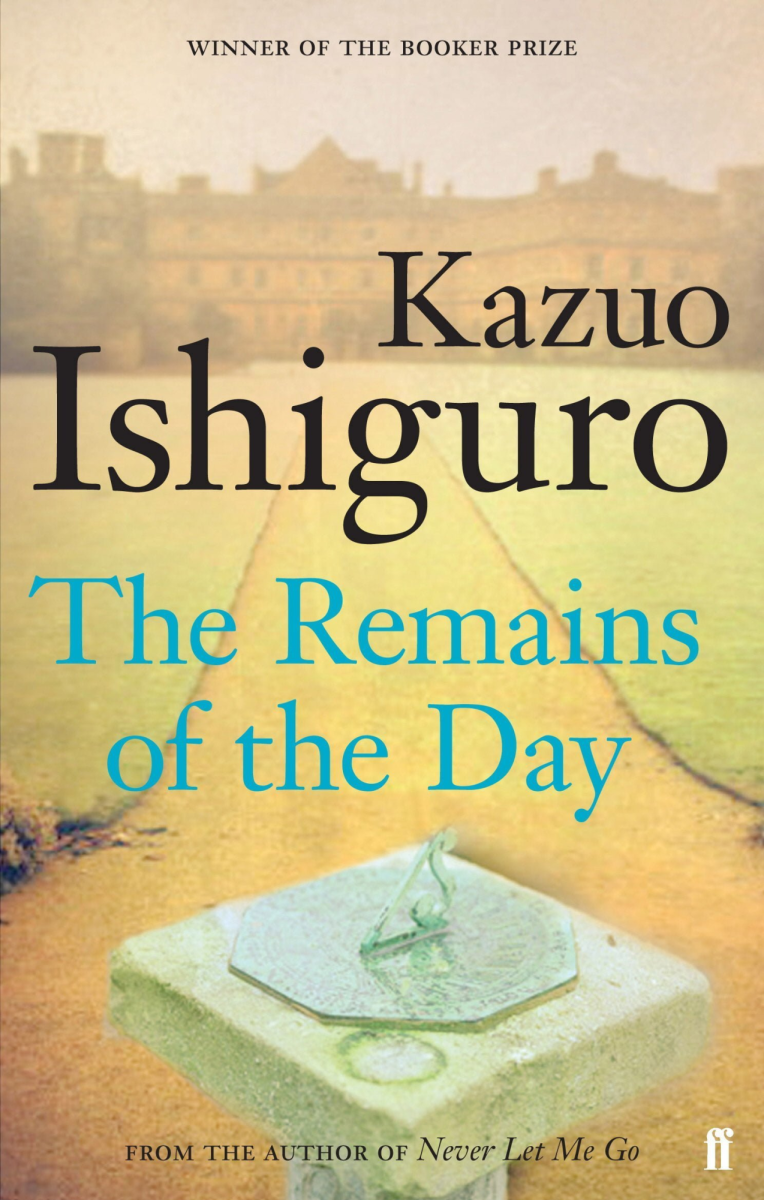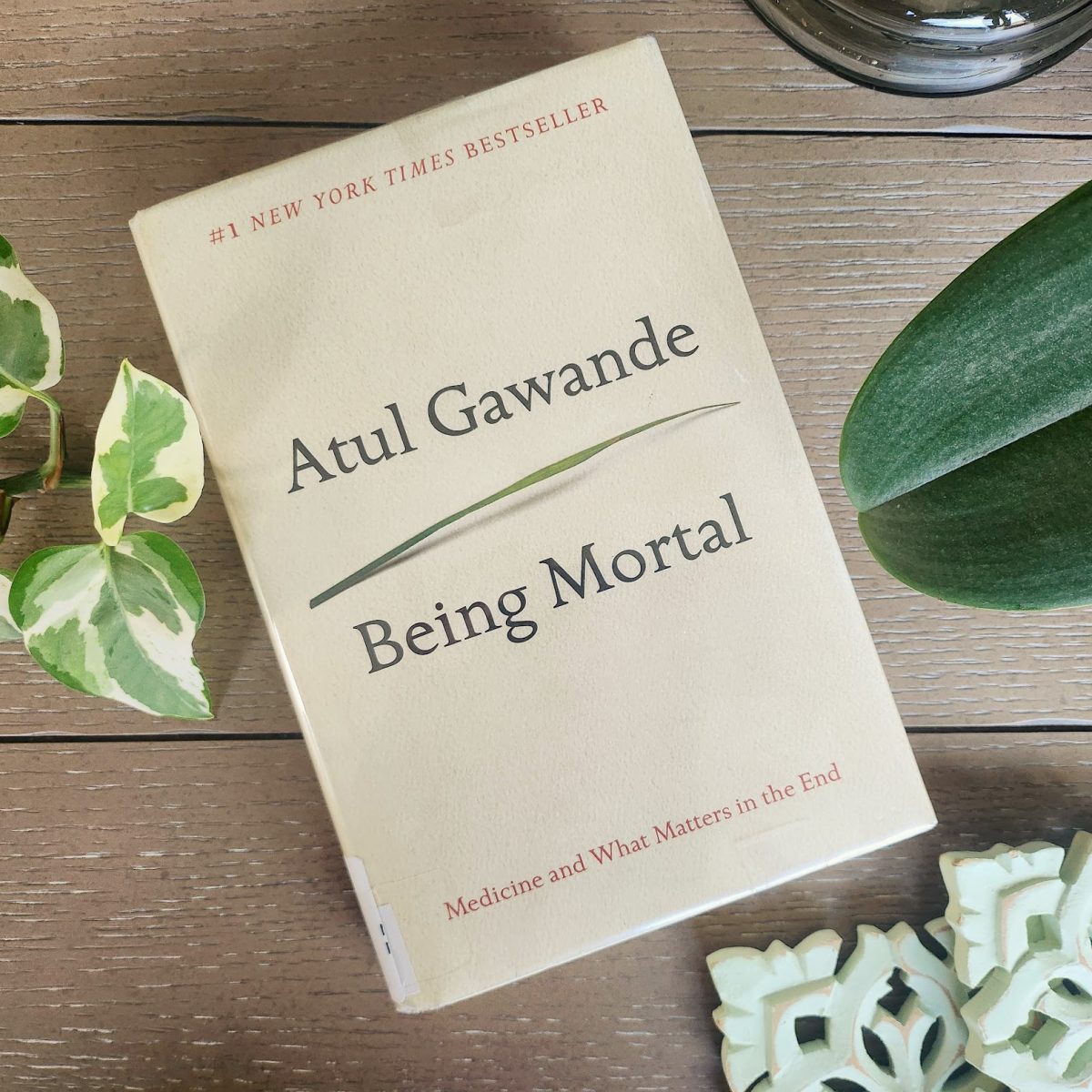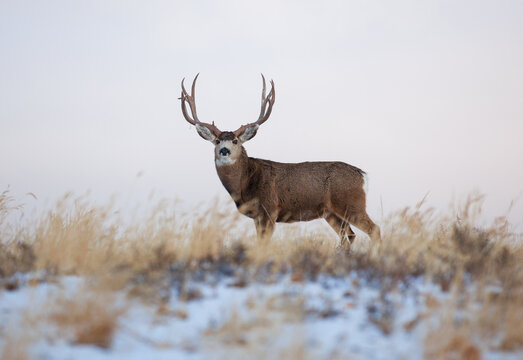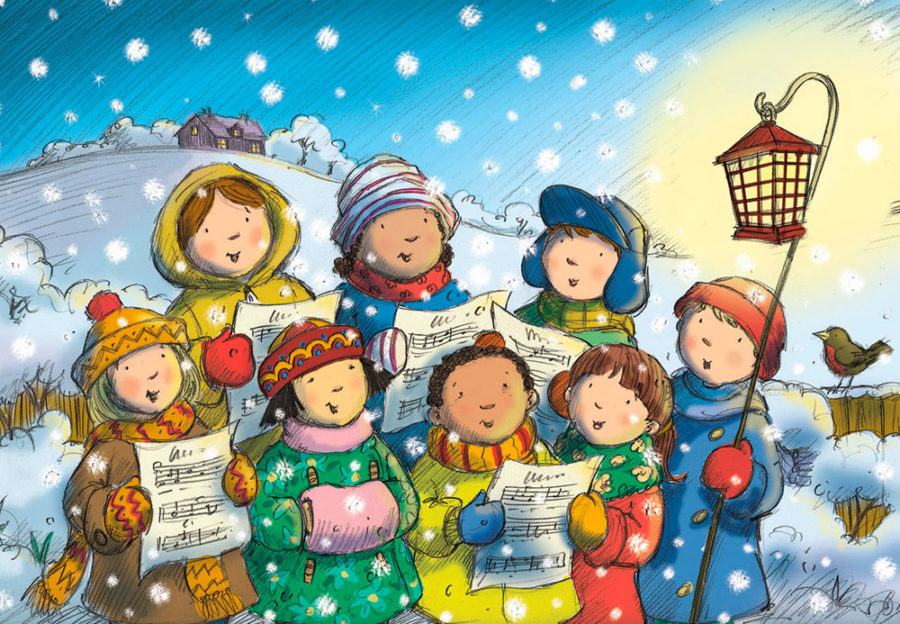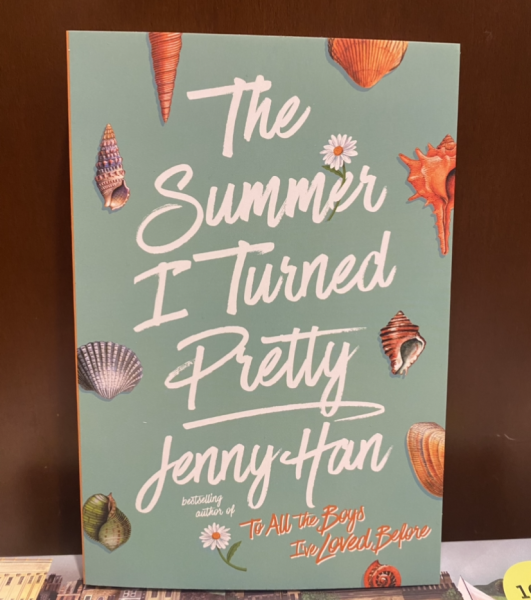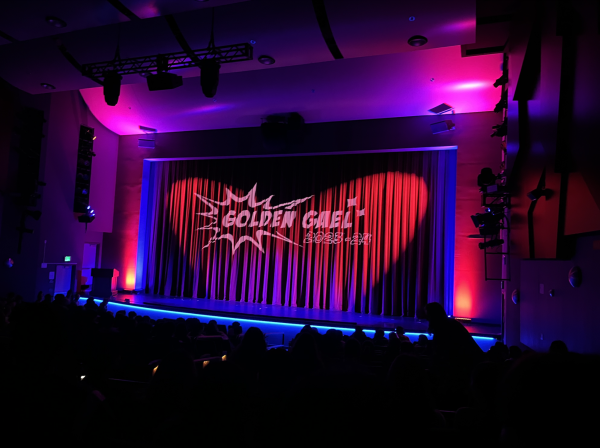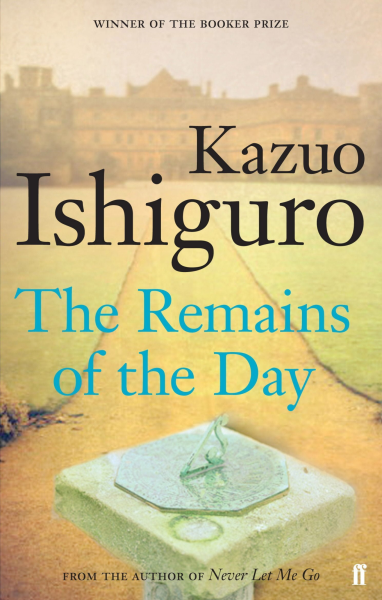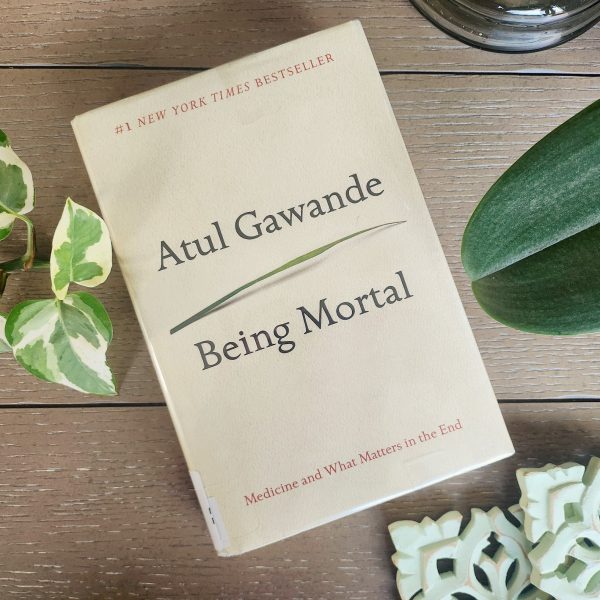Holiday Music Through the Ages
On December 9th, the DHS community rang in the holiday season, with students lighting the Big Tree and singing festive, holiday music; it helped us remember and learn about the different festivals that happen in December. This is a good time to look back on the history of holiday music.
Typically, Christmas Carols are sung in the Winter Holiday Season, during November and December. However, these songs weren’t always about Christmas. Most of them were not even written for Christmas. So, how did the singing of carols become a popular Christmas tradition?
The first carols were Pagan songs, intended as songs of praise and joy. This was the main meaning behind pagan carols which were sung to celebrate festivals throughout the year. But, only Winter Carols survived. This may have been because the early Christians took the celebration of pagan solstice and replaced it with Christmas, transitioning to singing Christian songs at that time.
Carols in the fourteenth century made religious and political statements. Many discussed nativity, or the winter season. And others discussed the story of Santa Claus. The first few Christmas carols were written in Latin, such as Angel’s Hymn (129 AD) and O Come All Ye Faithful (1744). However, as they gained influence, carols in the 15th century began to be written in English. This only expanded during the European renaissance in the 14th to 17th centuries. In the 19th century, immigrant traditions and Charles Dickens’ book A Chrismas Carol (1843) also helped increase the popularity of Christmas carols.
Christmas carols today have developed, compared to those written in centuries past. With the spread of a global society, a variety of instruments are now used in musical production, including bells, pianos, and saxophones. New styles have also formed, as in pop songs such as “All I want for Christmas is You” down to more traditional pieces like “Carol of the Bells”. Jazz has also taken over holiday music, with many jazz renditions of popular songs, such as “Deck the Hall.”
Overall, holiday music extends far beyond our favorite classics today. Holiday music now represents the start of the holiday season and the start of holiday shopping. It can also remind us to take a step back and enjoy the cooler weather, and time with family and friends.
Your donation will support the student journalists of Dublin High School. Your contribution will allow us to purchase equipment and cover our annual website hosting costs.

Ananya Premjith is a sophomore at DHS. She enjoys listening to the news and keeping up with current issues.She listens to the podcast "Up First" for the...

